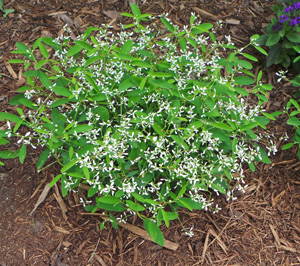
There are numerous species in the genus Euphorbia ranging from prostrate annual weeds to the familiar holiday poinsettia (which is a perennial tree in its native habitat) to large spiny shrubs. These members of the spurge family (Euphorbiaceae) are characterized by their milky white latex sap and often succulent foliage. In 2005, Proven Winners introduced a new ornamental Euphorbia with airy foliage and a profusion of tiny white flowers reminiscent of baby’s breath.
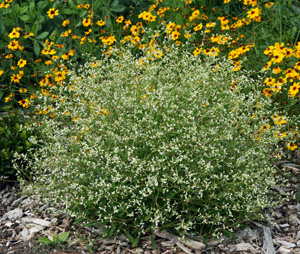
Usually listed as E. hypericifolia, E. graminea, or a hybrid with one of those species (or Chamaesyce hypericifolia after a recent reclassification), the cultivar ‘Inneuphdia’ (or sometimes spelled ‘Inneuphe’) is commonly sold under the trade name of Diamond Frost®.
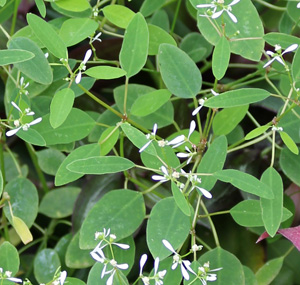
This tender perennial (hardy in zones 10-12, and root hardy in colder areas with protection) is grown as an annual in most places. Plants grow 12-20 inches tall with a mounding growth habit. The upright stems have widely spaced, narrow, gray-green to bright green leaves.
A profusion of tiny pure white “flowers” are produced at the top of the canopy from spring to frost.
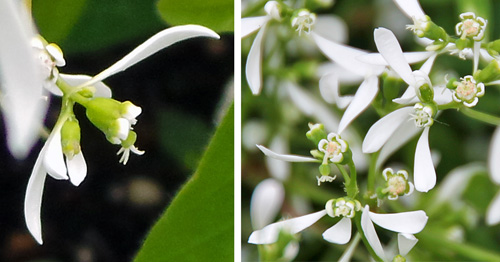
The part we call flowers are actually bracts. Flowering is reduced in cooler weather but because Diamond Frost® is infertile, it does not produce seed and therefore never stops flowering. The flowers can be used as filler in floral arrangements; seal the cut ends in boiling water or in a flame for a few seconds to prevent excess sap loss.
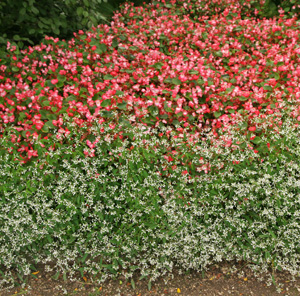
Diamond Frost® is a great low maintenance addition to containers, annual or mixed beds, or in the front of borders or cottage gardens as an accent plant or in masses or to edge a walkway. Its small white flowers pair well with other flowering plants of almost any type or color. The finely textured foliage offers good contrast to plants with larger leaves and the billowing habit – the small but abundant flowers give an effect similar to that of baby’s breath – makes it a good filler in mixed plantings.
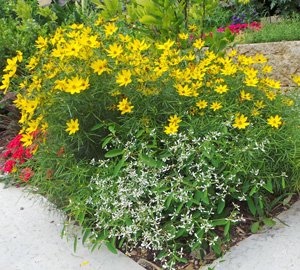
With a shallow, non-competitive root system they can be planted between perennials or around roses without adversely affecting those plants. In containers or hanging baskets it will spill over the edges, filling gaps between taller or trailing plants. It can also be grown as a houseplant to bloom year round if given enough light.
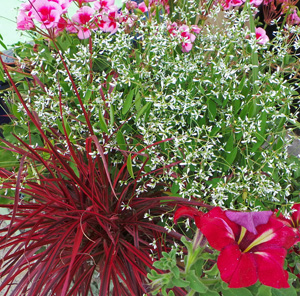
Grow this bedding plant in full sun to part shade in any type of well-drained soil. It is a tough plant that will still look good despite a little abuse or neglect. It is heat- and drought-tolerant so does not require much watering (except those in containers),
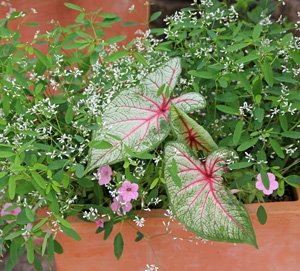
and is actually sensitive to overwatering. Deadheading is not necessary – faded flowers naturally fall off the plant, keeping it looking tidy – but plants can be pruned at any time to encourage branching for a fuller appearance or to shape or keep their size in check. The sap can irritate sensitive skin so wear gloves when working with the plants. Because of the white, milky sap it is not favored by deer and rabbits.
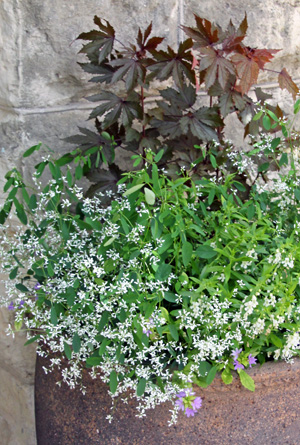
As tender perennials, they can be kept over the winter by bringing plants inside before the first frost and maintaining them in a sunny spot. If kept in good condition, they could be used as an accent plant to poinsettias during the holidays.
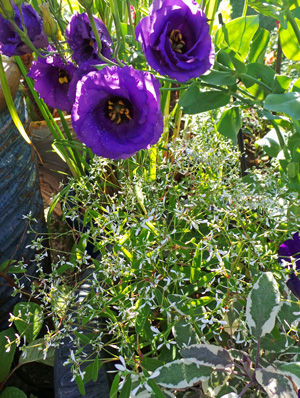
The plants should be cut back in spring and moved outdoors after the threat of frost has passed. It can be propagated by herbaceous stem cuttings (it is illegal to propagate to sell them unless you have a license) but cannot be grown from seed.
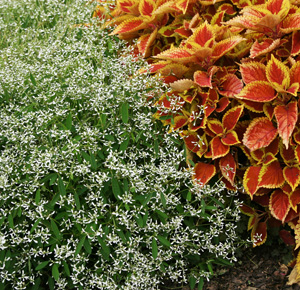
Most people purchase small plants in the spring. Wait until all danger of frost has passed before planting outside.
In addition to Diamond Frost® there are several other varieties (Breathless™ White, ‘Hip Hop’, ’White Manaus’, etc.) with green leaves and white flowers that the average person would be hard pressed to tell apart from each other. White Manaus’ is supposedly larger, more vigorous, and with brighter green foliage than Diamond Frost®, but this is not readily apparent unless grown side by side. Breathless™ Blush (=’Balbreblus’) is a more compact (less airy) variety with burgundy tinged leaves and pink-flushed white flowers. ‘Silver Fog’ supposedly has silvery foliage. Diamond Delight™ looks noticeably different, however — it is much shorter and mounding, and has double flowers it doesn’t have the same, so it doesn’t have the same airy look and effect as Diamond Frost®.

– Susan Mahr, University of Wisconsin – Madison
Ask Your Gardening Question
If you’re unable to find the information you need, please submit your gardening question here:

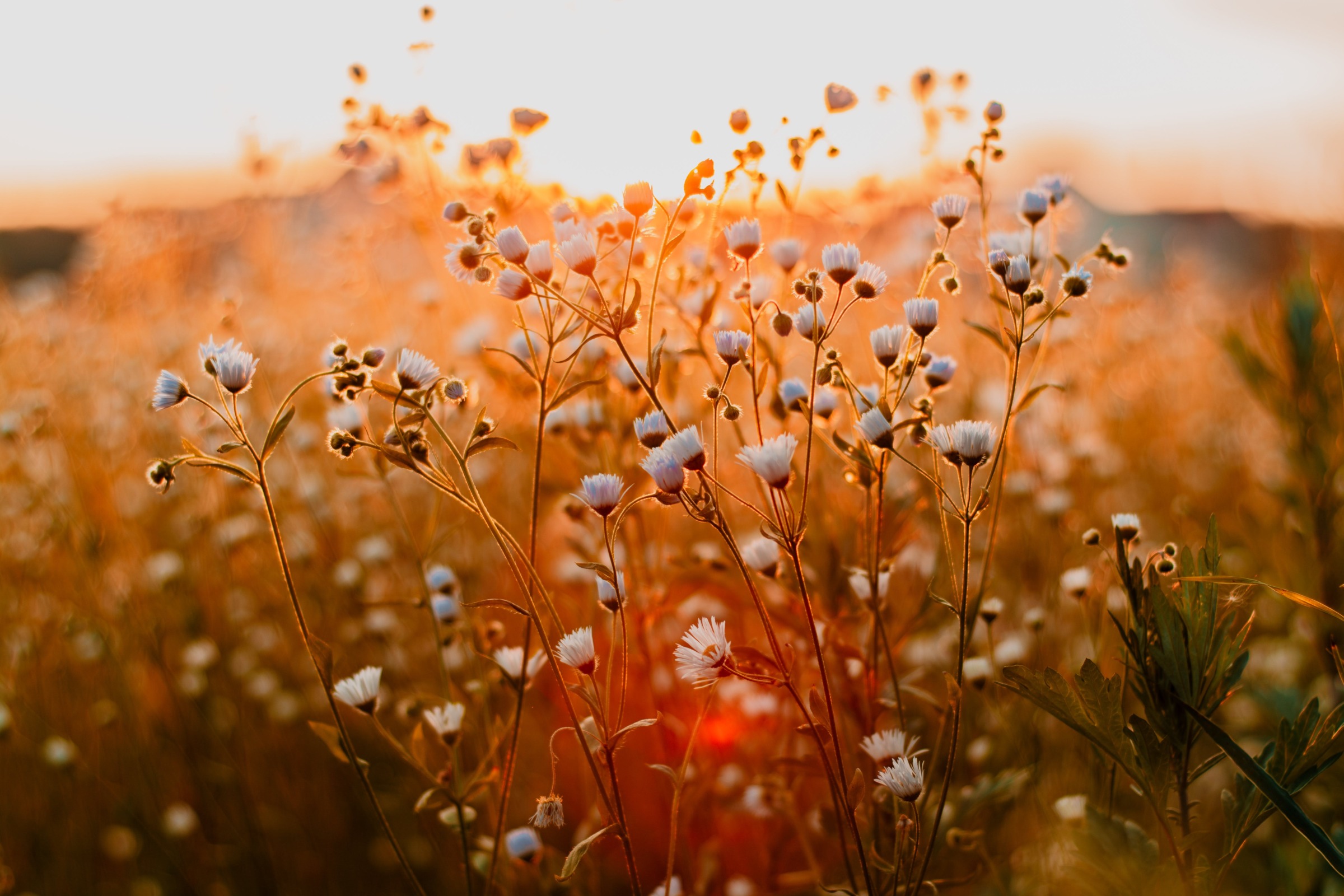
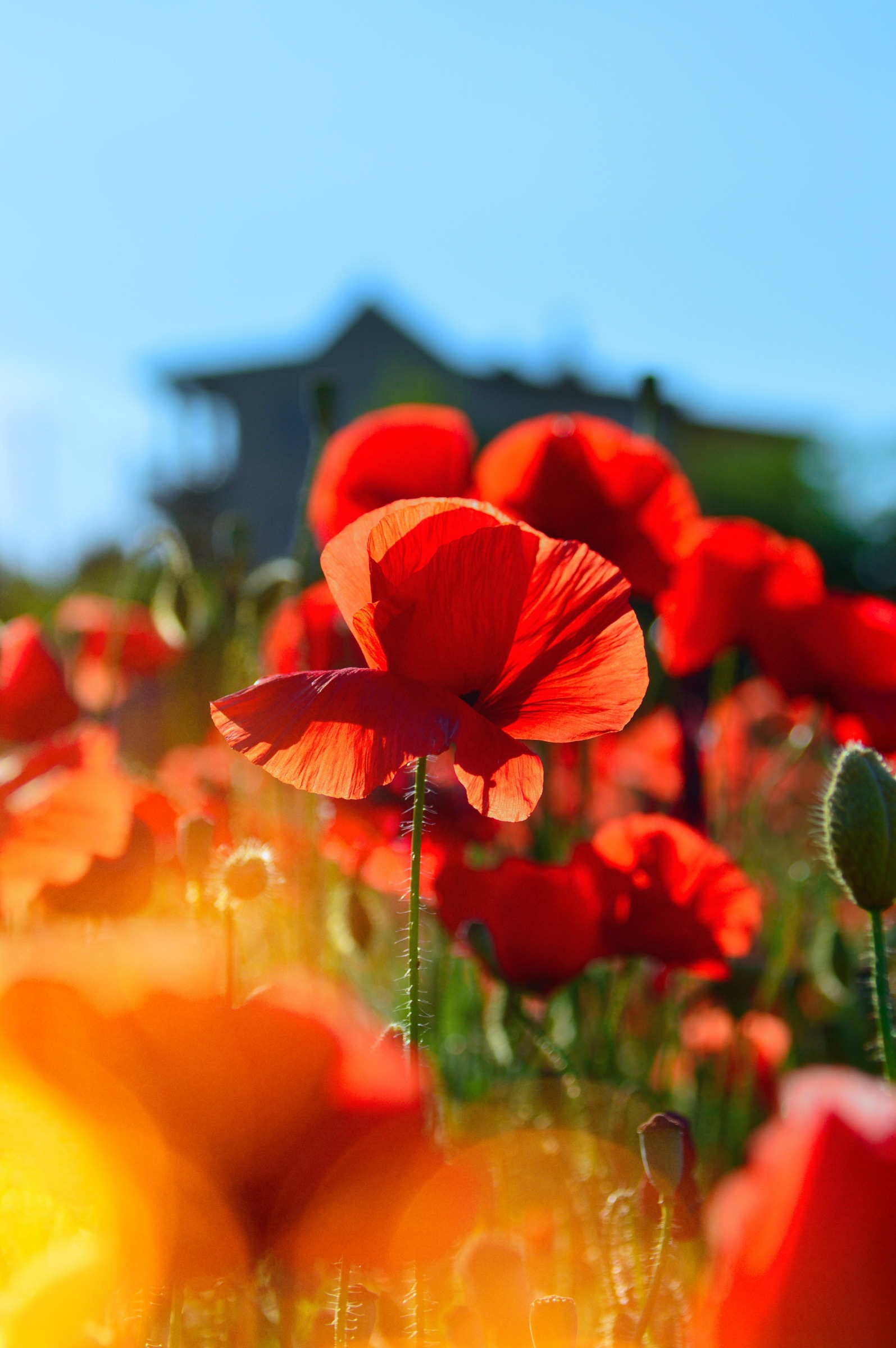
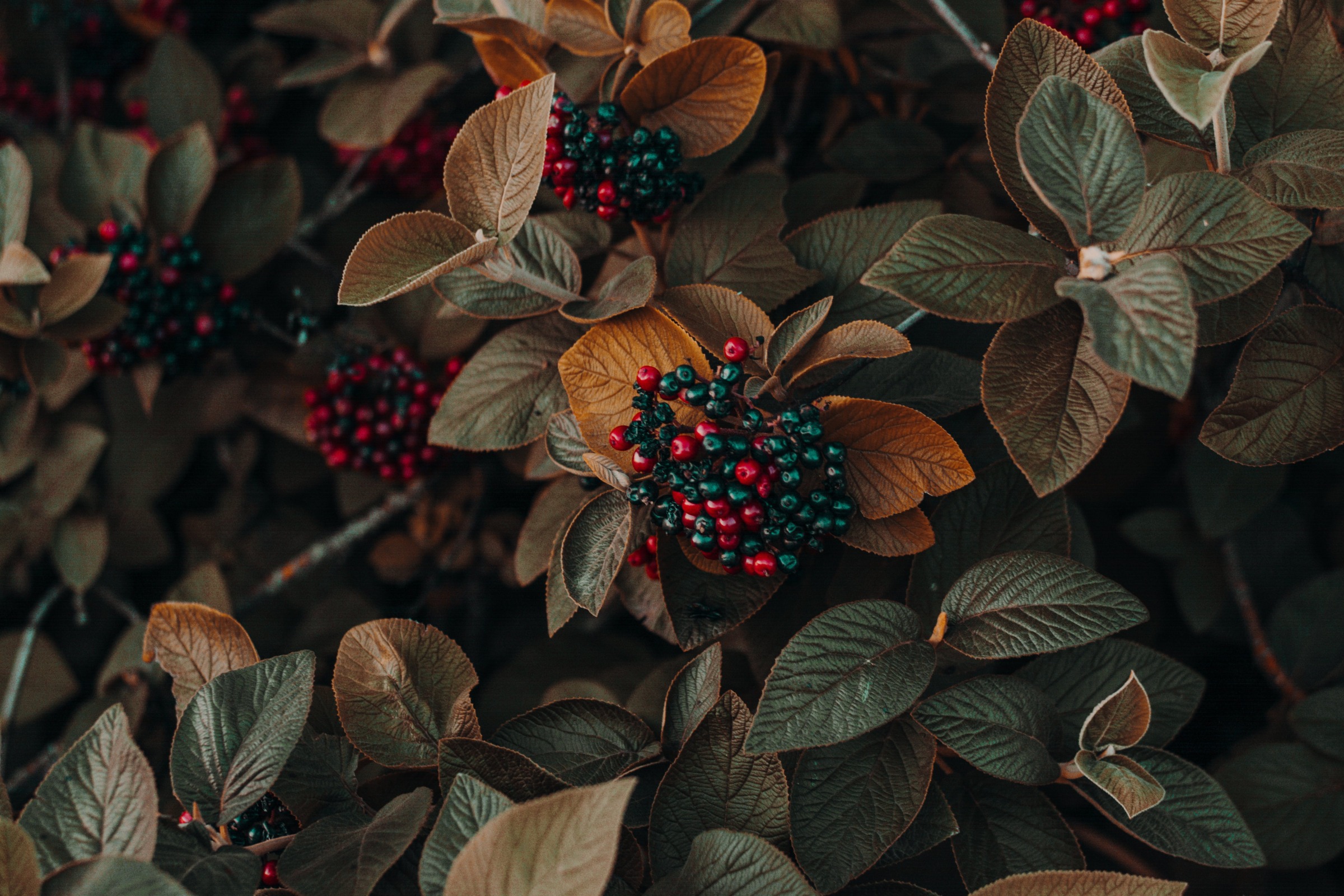
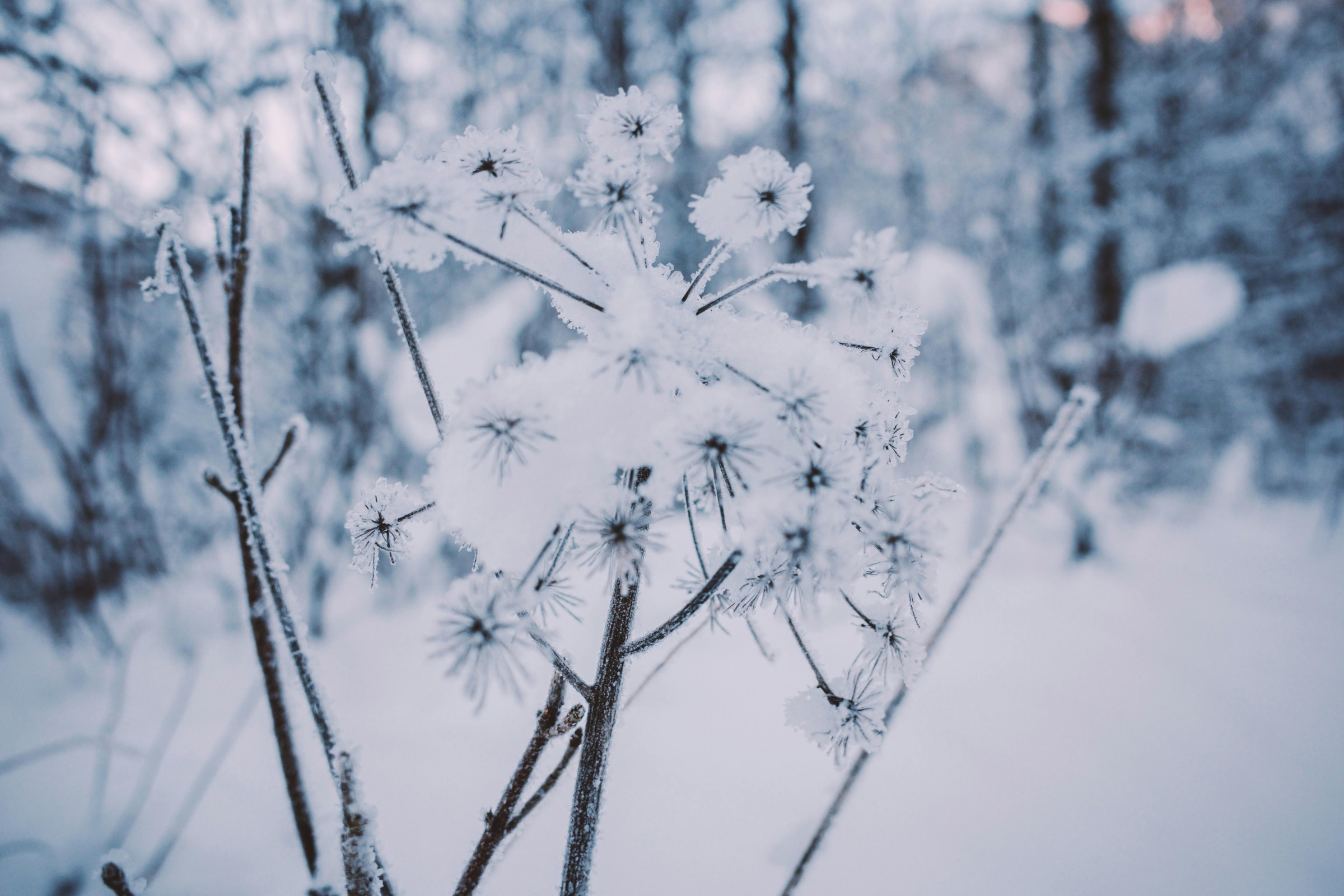
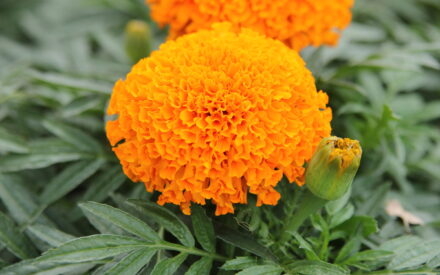 Marigolds
Marigolds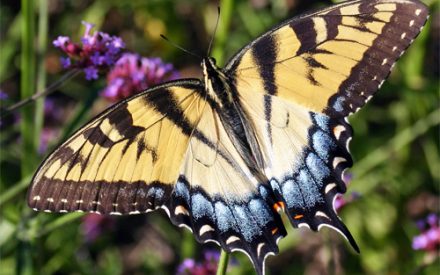 Create a Butterfly Garden
Create a Butterfly Garden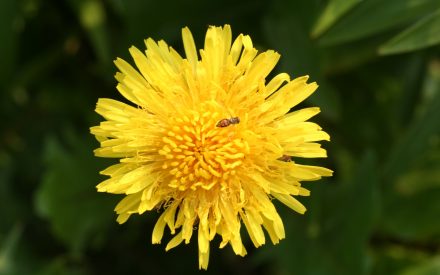 Plant Flowers to Encourage Beneficial Insects
Plant Flowers to Encourage Beneficial Insects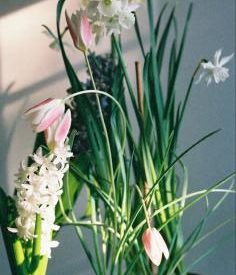 Forcing Bulbs
Forcing Bulbs


